Behind every PhD candidate is a story and Carolina Buendia Sarmiento is no different. While only being a PhD student for a few months in the Doctoral Programme in Political, Societal and Regional Change, she has already participated in Una Europa’s first PhD Slam, where she competed against seven other PhD students from across Una Europa universities researching topics related to sustainability. While her preparation was impeccable, the challenges of technology can be unpredictable. So how did it go? You’ll have to read on to find out!
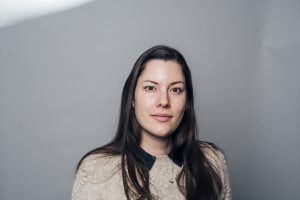 Before we share Carolina’s roller-coaster experience with the PhD Slam, what sparked her interest in women’s empowerment, gender equality, development cooperation and understanding the complex dynamics and intersection of these topics?
Before we share Carolina’s roller-coaster experience with the PhD Slam, what sparked her interest in women’s empowerment, gender equality, development cooperation and understanding the complex dynamics and intersection of these topics?
While still back at home in Colombia she worked on implementation of a project on women, peace, and security issues. The project aimed to enhance women’s capabilities to participate in peace-building processes and enable them to support women facing gender-based violence. This project put Carolina on the path to Finland where she has lived since 2018. She came here for her master’s degree at Åbo Akademi in Peace, Mediation and Conflict. In Finland, she has also done consultancy work in different capacities on the topics of development cooperation and gender equality. But for Carolina applying for a PhD was always the goal and she was clear on her interests.
“After a lot of reading and research, I came across this interesting intersection of how development cooperation has been transforming itself. It is no longer only NGOs and governmental agencies that are involved in this process. Increasingly private sector is playing an important role. That sparked my interest, and I became certain that I wanted to do my PhD on this intersection of gender equality and women’s empowerment in particular, but trying to better understand the role of the private sector and what impact it has on women in the end.”
The University of Helsinki turned out to have the program that she believed was the best fit for her. She wanted to be in an environment where the research was focused on providing a critical perspective on the topic.
“I’m interested in the critical view on the dynamics that are shaping collaboration between the Global North and the Global South. I wanted to study in a place and collaborate with people who are interested in this critical perspective and not only going by the mainstream discourse that it’s positive that private sector put money into development cooperation but challenge that and be critical of what that means. That’s the reason I choose the University of Helsinki.”
While Carolina has only been a PhD student for a few months and the complexity of the pandemic has limited the opportunities for meeting and connecting with students and faculty, she is very happy with her decision and constantly gaining new perspectives and points of view.
“I recently took this course on gender and sexuality in regional studies. It was interesting how we were able to think together about how we analyse gender and how we can include it in our respective research. I was studying with people who are looking at gender in different contexts and that brings so much richness to the discussion. My understanding of gender is very much related to my work in development cooperation and the topics of gender equality, political participation, these societal phenomena, but gender is transversal, part of every single sphere of life and sector of society. Having the opportunity to discuss with people working on such different topics got me thinking; how can we apply the gender perspective in any research? It sparks ideas for how I can look at my own subject, my own interactions with gender in a different way.”
She realized that while the topics and fields of research are different, many of the questions her and her fellow students were asking were similar. What are the relations and dynamics that should be considered? In that manner she can learn from other’s experiences and ideas.
“It has been a very wonderful process; people are very open to discussing and willing to learn. You don’t see that too often and that is something, that is helpful when you are starting out. It gives you the confidence to speak with others about your research and ask questions. It is something I really value about the university and the people I have been connecting with.”
Finding opportunities and facing fears
Starting her PhD in the middle of a global pandemic has not been easy. Carolina was fortunate enough to have been recommended to sign up for a mailing list for PhD students and that’s where she heard about the Una Europa PhD Slam. A PhD Slam is where PhD candidates get 7 minutes to present their research. In Una Europa there are eight universities (since January 2022 there are nine partners), so eight PhD candidates would get the opportunity to present. Her first response was not applying since she’s very uncomfortable speaking in public. But she had been trying to challenge herself to take opportunities like this, even if it scares her. She had recently had a positive experience with ignite talks, where she had 5 minutes to present with the help of mostly visual slides changing every 15 seconds, so she thought that this could be the next step.
“This was the next level because it was an international audience, a larger scale and a more complicated issue because it would be on my research. But it was also more exciting because it was an opportunity to speak about something that I care about and connect with people interested in the broader discussion of sustainability. So, I decided that I wanted to apply. It took me a while to actually do the application, because I was quite nervous about it, but during the last day I finally submitted it.”
She felt good about applying and was excited when she got the news that she would be the PhD student representing the University of Helsinki. She did everything she could to prepare and practice and was excited and nervous when the day finally came. She was going to be the last one to present. Just when it was finally her turn, there was problems with the internet connection, which meant long minutes of stressful efforts to get the technology to work.
“During the presentation I had several difficulties, which really threw me off balance. It makes it difficult to get a grip of yourself and for one moment I thought I wasn’t going to be able to do it, either because of the technical problems but also because I was much more nervous and affected than I would have been without the technical problems. I managed to do the presentation and after I finished, I just felt relieved that it was over, but also kind of sad and maybe a little disappointed that it didn’t go as I had pictured in my head.”
This kind of situation is probably a collective nightmare for all of us in these times of Zoom and online meetings. While this was not how Carolina had planned things to go, she still managed to turn the stressful experience into an opportunity for learning.
“After thinking about the process, I see that it was an opportunity for learning valuable lessons, about how to be able to let things go and not be so afraid of problems or difficulties and failing in general. I managed to give a presentation with all those problems. That was something that helped me afterwards, to think of it in a more positive light. The main thing is to accept that sometimes even if you think that you have thought of all the things that can go wrong, something unexpected can still happen and you need to be able to give your best in those situations.”
Being able to still move ahead in times of uncertainty and challenges is a valuable skill. Carolina managed to get everything together and deliver her presentation in a convincing manner and the jury noticed. After the voting, they announced the top three presenters and Carolina got the third place.
“I couldn’t believe it and for a moment I thought that I was hearing wrong. I started thinking, despite all the problems I must have given a good presentation and have be able to convince people to vote for me, so I was happy about the results, and felt like all that work had paid off.”
The value of Una Europa
To Carolina it is not rocket science how an alliance like Una Europa is valuable to PhD students. Being an alliance of now nine of the top research universities in Europe, it provides access to a large number of like-minded people, researchers, opportunities for collaboration, and resources.
“The Una Europa network gives each student the opportunity to be on a stage that can amplify their voice. Through this network you get connected to the networks of each university and the network of those students and researchers. It gives you more opportunities and more space to work collaboratively, to learn from others, but also to disseminate your research. I think it’s invaluable.”
Carolina believes that it’s a channel for more open collaboration and opens possibilities for doing projects in a more sustainable way by including different perspectives on the same problem. In her opinion that brings a lot of richness.
“I believe there are many positive outcomes of such initiatives, in terms of professional growth of PhD students but it also makes it easier to tap into common resources and provides a wider reach for the impact that you envision for your research.”
Especially in a pandemic Una Europa is tapping into that virtuality and aiming to create a meaningful space for PhD students to gather virtually and connect. In that way, Una Europa facilitates creating the network and space for meeting others, but also a sense of feeling supported. Carolina has already taken advantage of the Una Europa network and tapped into the potential of our virtual, European community. So, what’s next?
“What I’m hoping for is more opportunities to speak about my research but also to connect with people working with similar questions. I’m eager and looking forward to challenge myself. I’m just starting, but I already have a lot of ideas and I’m looking forward to seeing this process as a journey, as an opportunity to be critical and self-assess my preconceptions and previous understandings of the work and changing them.”



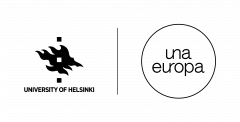




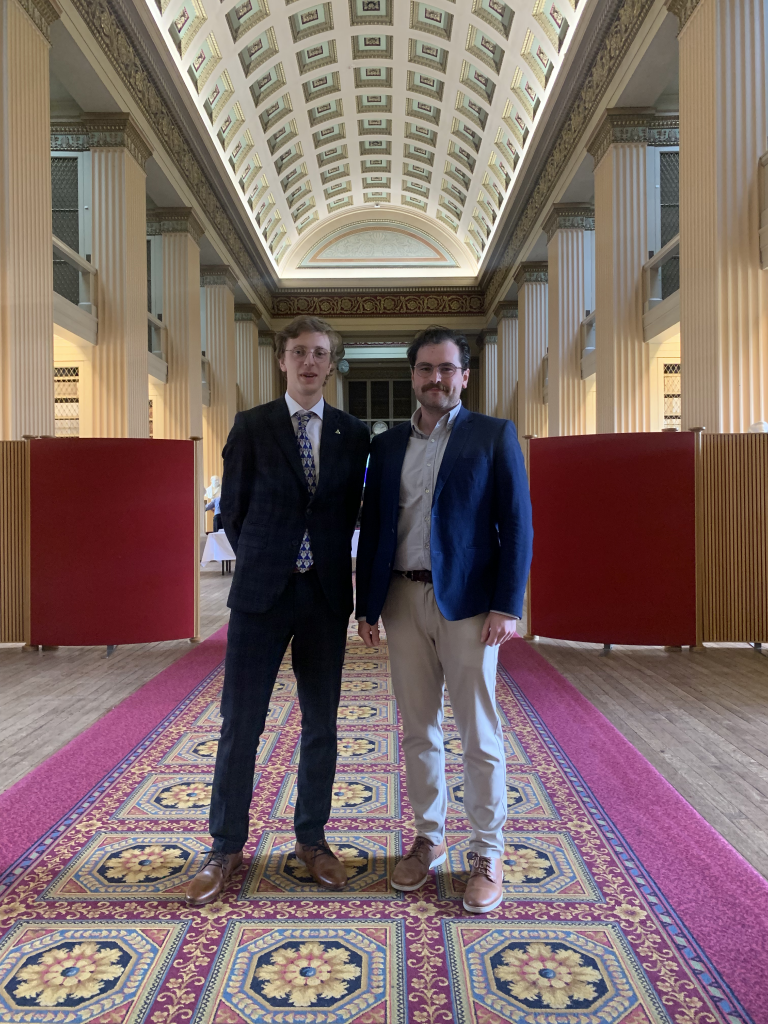
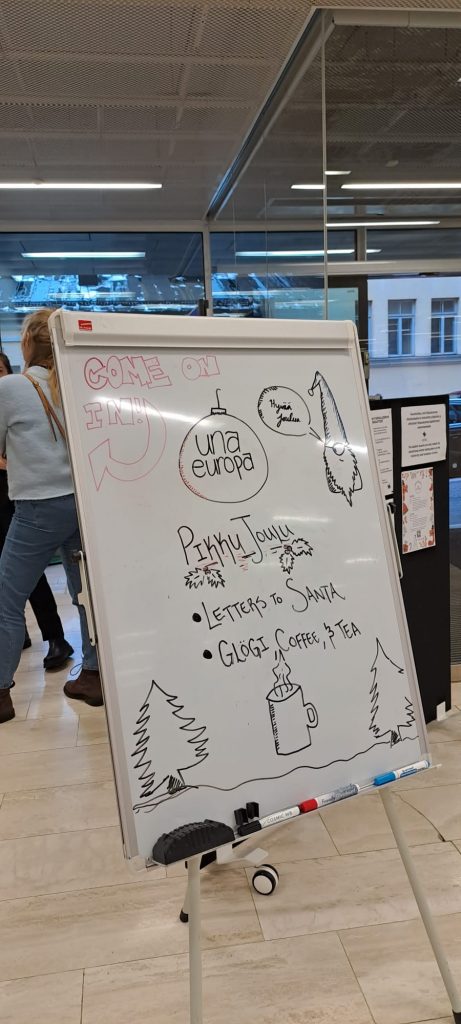
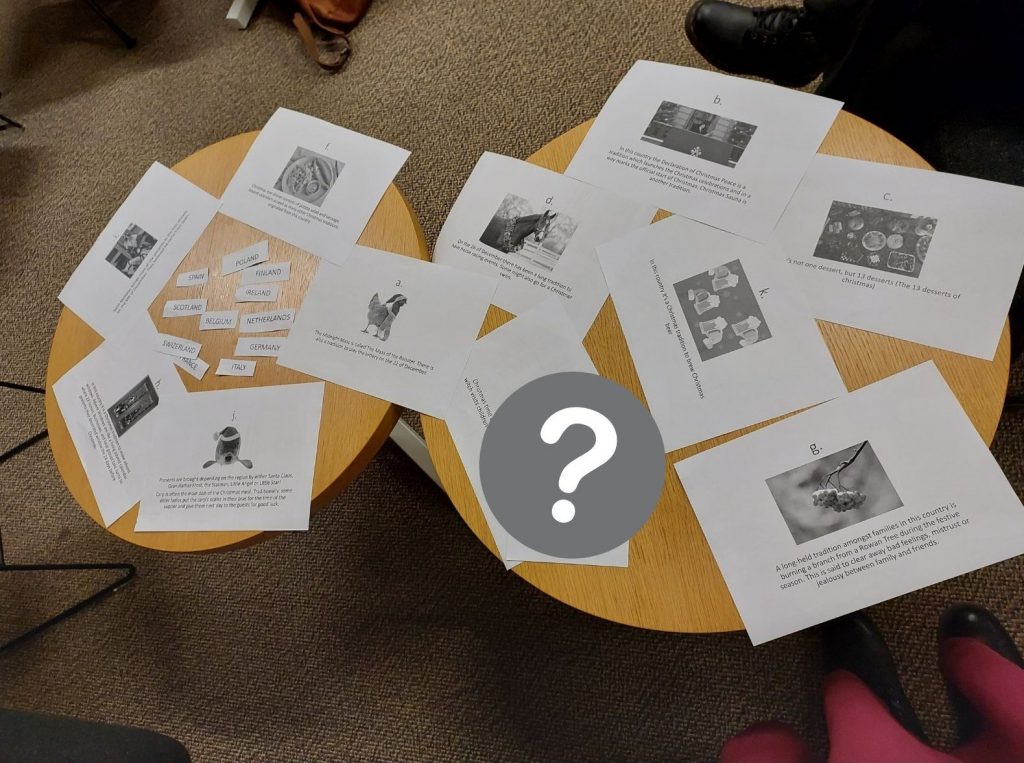
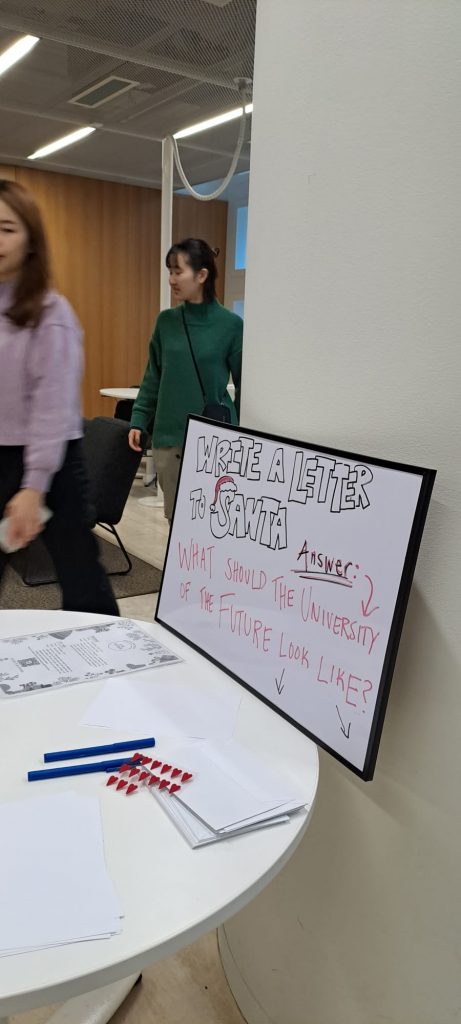
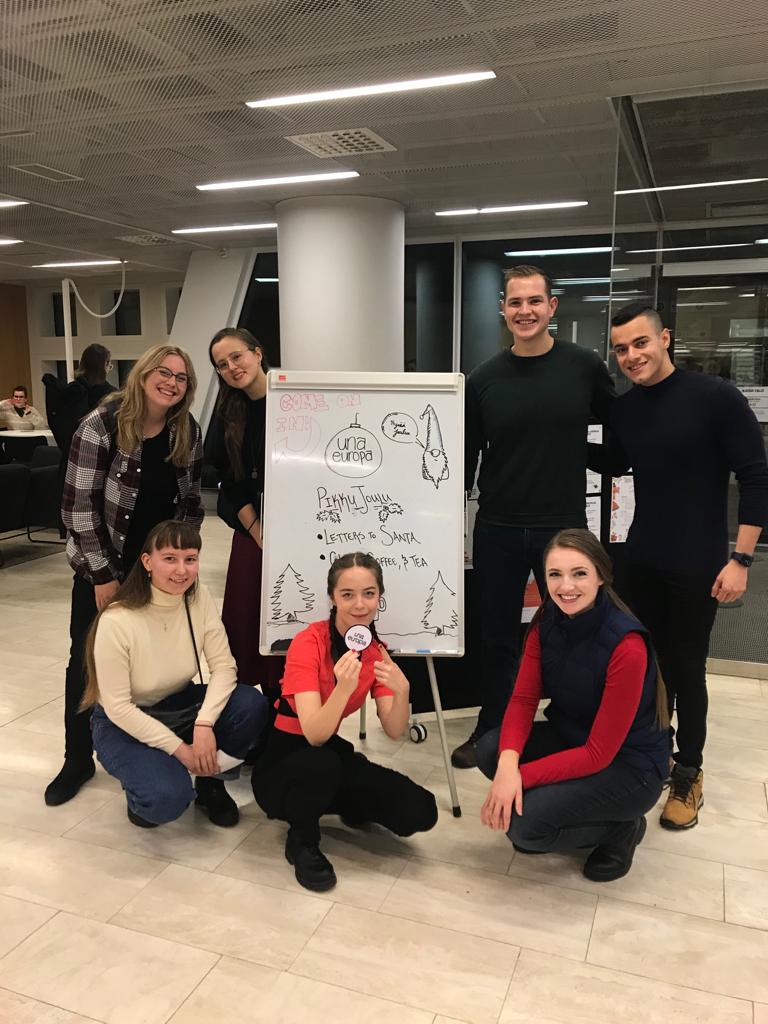
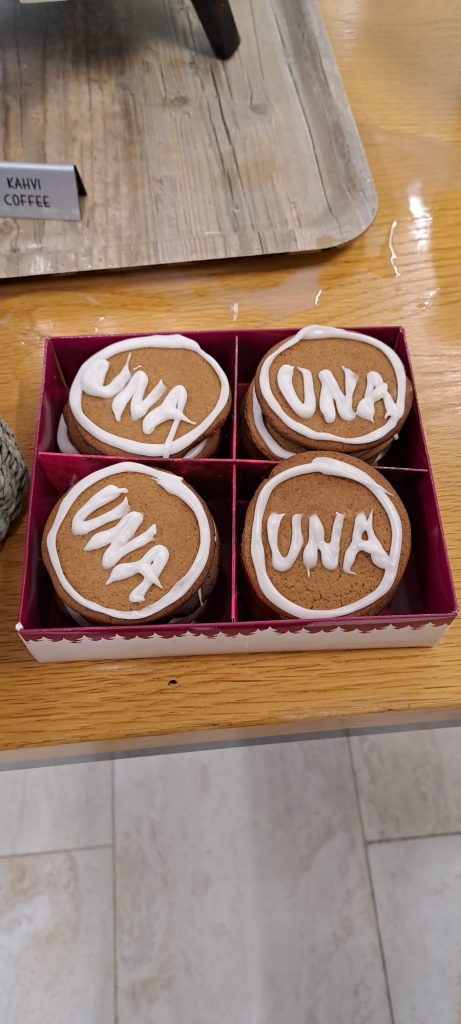
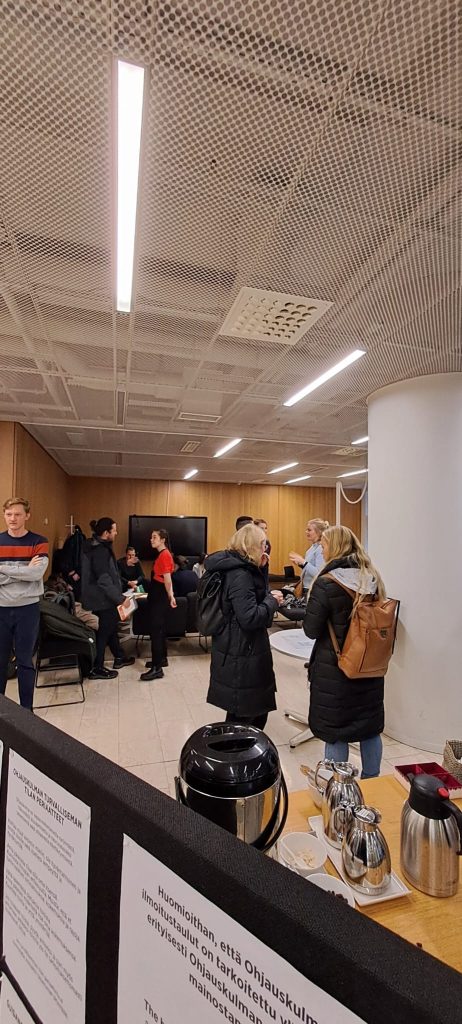
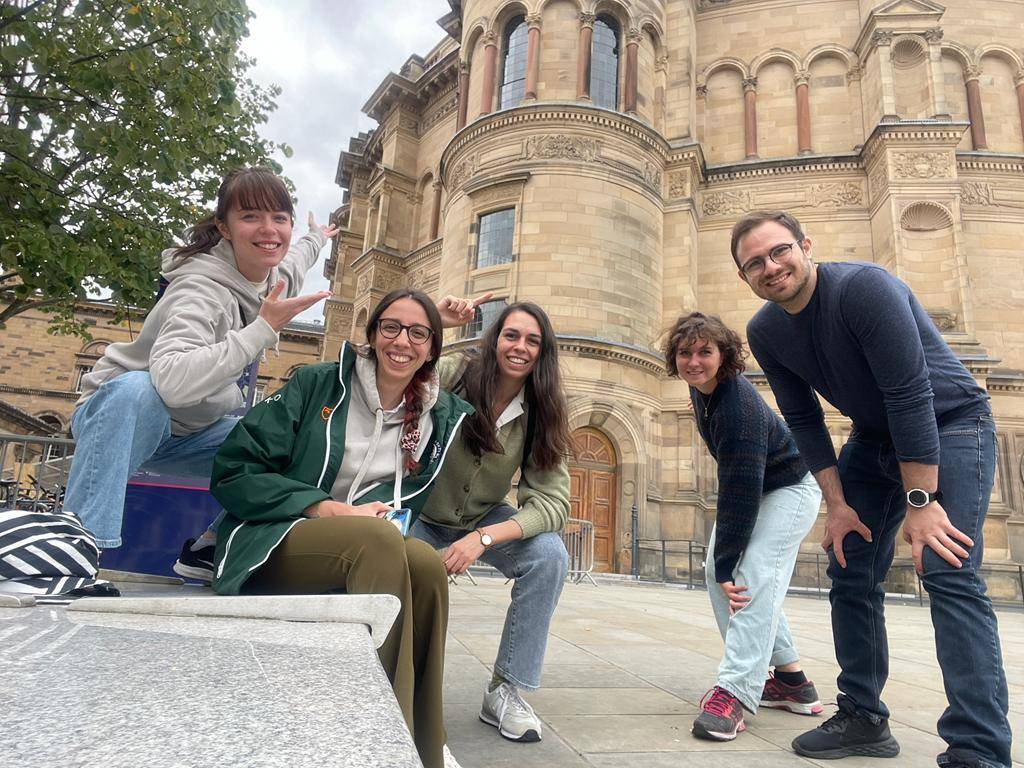
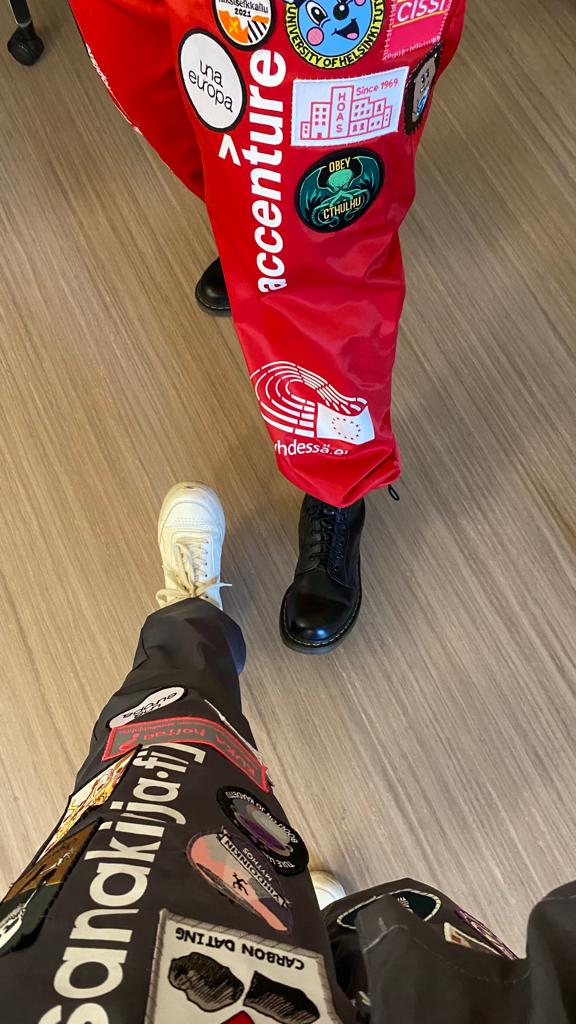
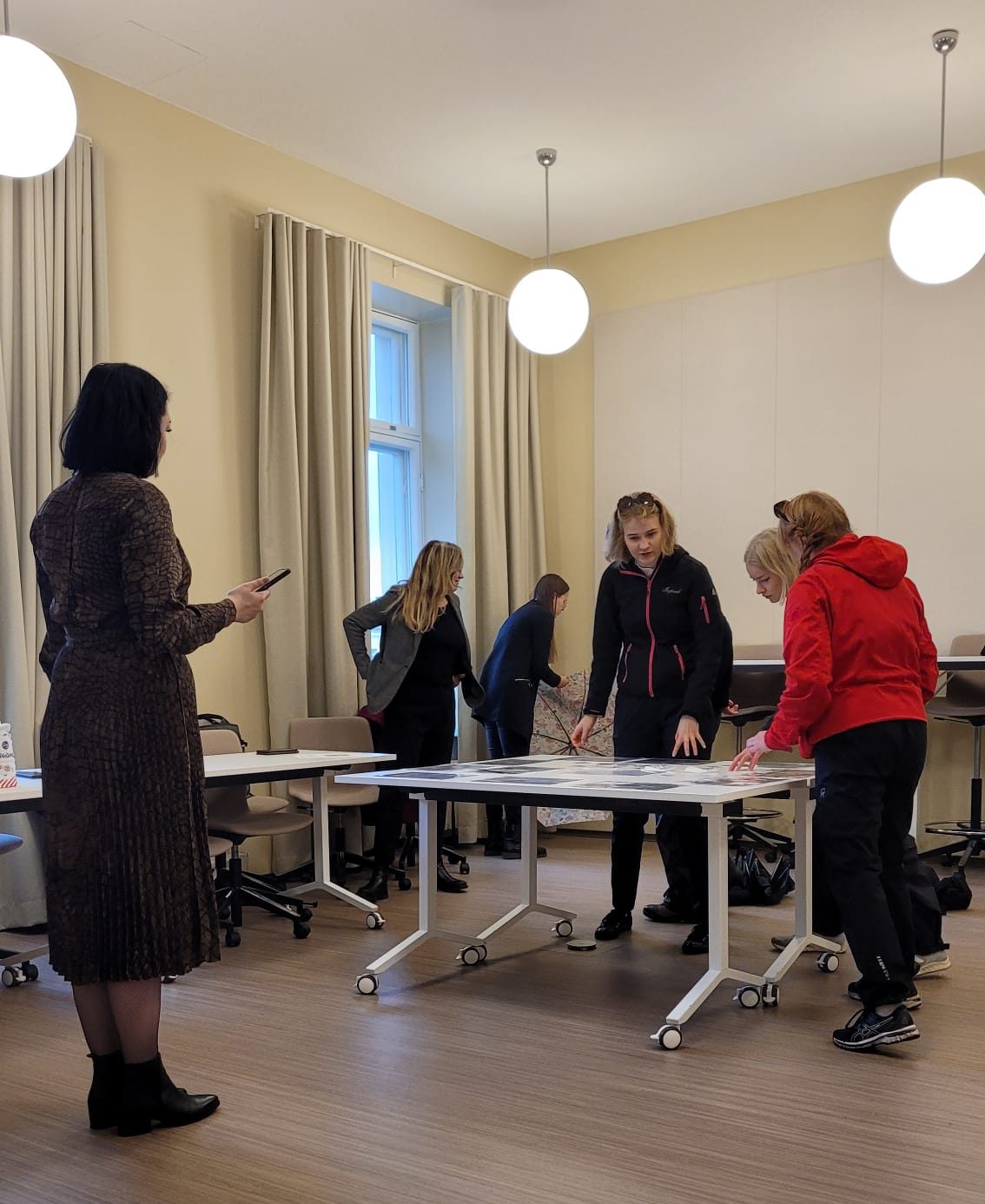
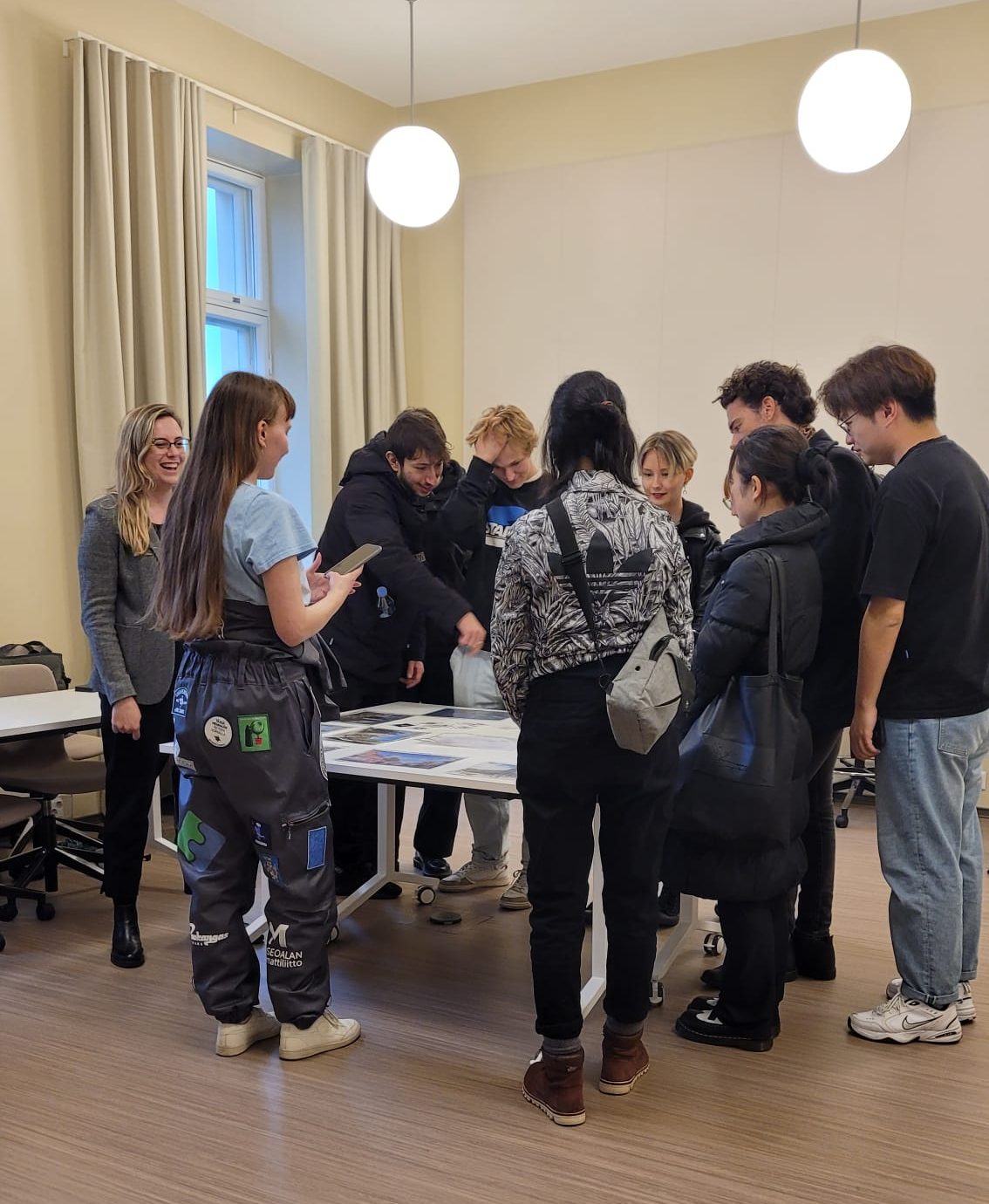
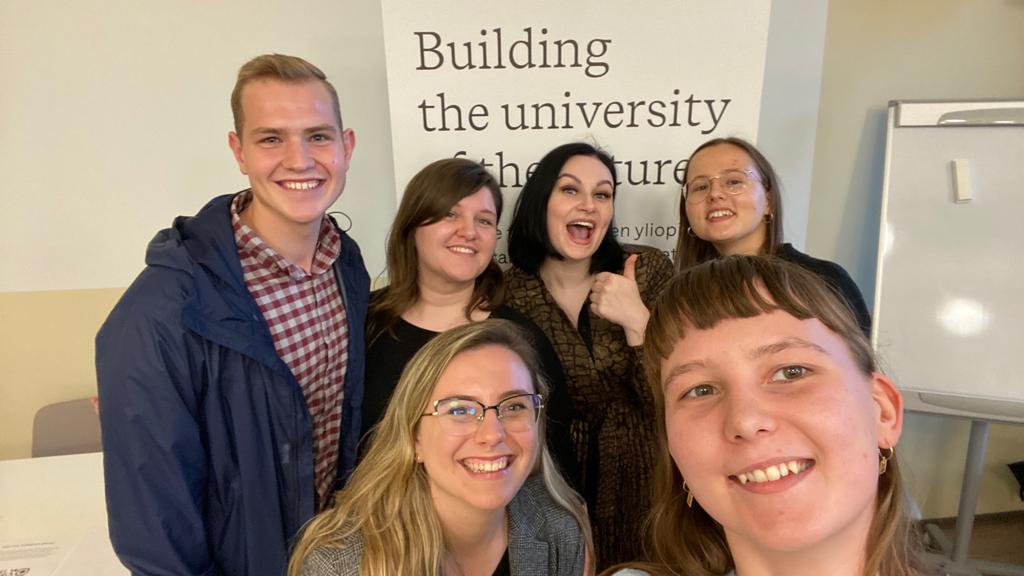
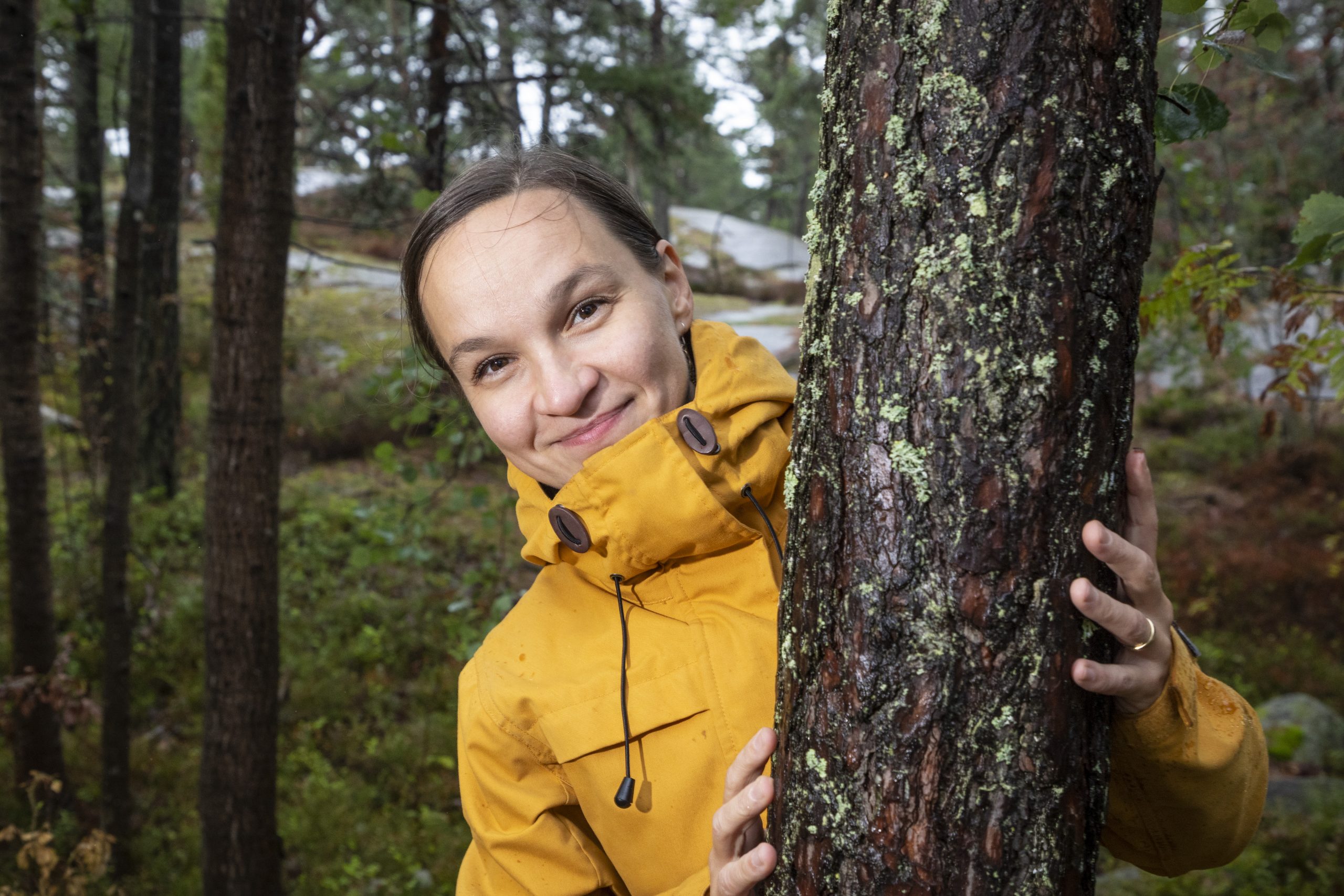
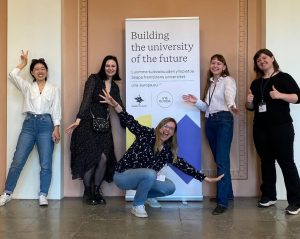
 Before we share Carolina’s roller-coaster experience with the PhD Slam, what sparked her interest in women’s empowerment, gender equality, development cooperation and understanding the complex dynamics and intersection of these topics?
Before we share Carolina’s roller-coaster experience with the PhD Slam, what sparked her interest in women’s empowerment, gender equality, development cooperation and understanding the complex dynamics and intersection of these topics?